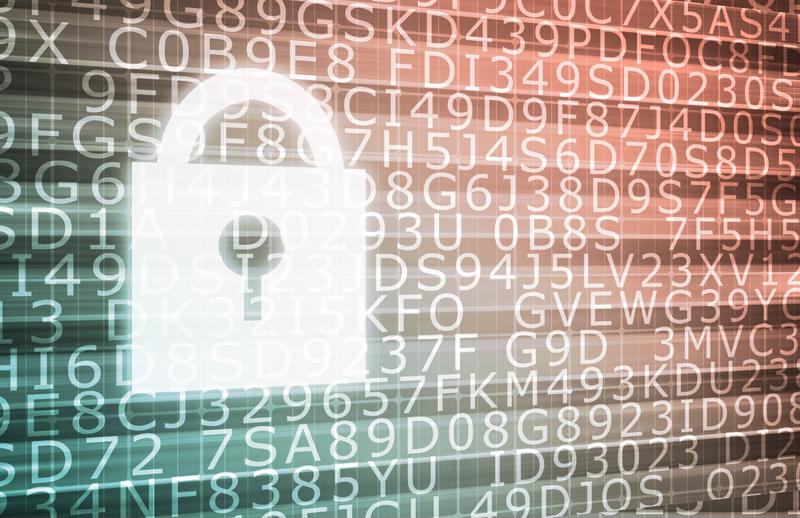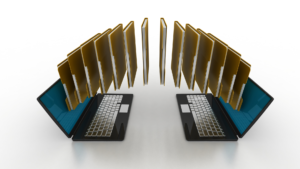Health care organizations utilize modern technologies to provide the best possible care for patients – and fax machines are still part of the day-to-day activities of hospital and clinic staff as they send and receive medical records. However, as technology becomes more advanced and meaningful use guidelines continue to be rolled out across the industry, it’s time that these organizations start thinking about upgrading their fax equipment to include fax-to-email capabilities.
There are a number of reasons fax solutions may light the way in terms of maintaining information security, and not least of these is compliance. The Health Insurance Portability and Accountability Act of 1996 dictates that health care providers need to take every precaution when it comes to keeping patients’ medical information safe and out of the hands of malicious actors, according to the U.S. Department of Health & Human Services. In short, the law requires providers to inform affected parties when their information may have been compromised and sets standards for how electronic medical records are supposed to be transmitted from one practice to another. With the cost of medical records continuing to rise on the black market, it’s more important than ever that care providers maintain a high level of vigilance.
“Fax solutions that allow providers to send medical records via email may provide a greater level of security.”
Fax solutions to the rescue
Combined with HIPAA, the meaningful use guidelines, which stress the importance of using electronic health records to improve patient outcomes, provide what is meant to be a staunch defense against the loss of medical data. According to numbers compiled earlier this year by Adam Greene, a partner at the law firm Davis Wright Tremaine LLP, 53 percent of HIPAA breaches affecting 500 or more people happened due to theft of their protected health information. Greene said that most of these thefts took the form of stealing laptops by breaking-and-entering vehicles and practices. Not only that, but 23 percent of these breaches (the highest percentage) had to do with physical-copy PHI, whereas only 6 percent were related to information included in emails.
This is where fax-over-Internet-protocol systems come into play. Fax solutions that allow providers to fax medical records via email instead of in physical form may provide a greater level of security for a number of reasons. For one, the numbers compiled by Greene indicated that email breaches inherently were safer than keeping physical copies of patient medical information. Traditional fax machines also keep thermal copies saved on their hard drives, so tech-savvy thieves could potentially gain access to these machines and steal PHI.
 It’s crucial to keep EHRs secure, and FoIP systems may provide the answer.
It’s crucial to keep EHRs secure, and FoIP systems may provide the answer.Encrypted faxing and compliance
Another way fax solutions keep medical data safe from theft is by encrypting the data sent over email. TechTarget contributor Yvonne Li wrote that this encryption helps providers comply with HIPAA regulations. Instead of relying solely on physical security, the information sent via FoIP uses virtual private servers to ensure the safe transmission of EHRs – helping health care organizations maintain compliance as they continue their shift toward meaningful use.
Enhance enterprise communication, collaboration and compliance efforts with a proven FoIP solution from FaxCore. Contact FaxCore today to learn more about their ‘Partly-Cloudy’ fax solutions.




